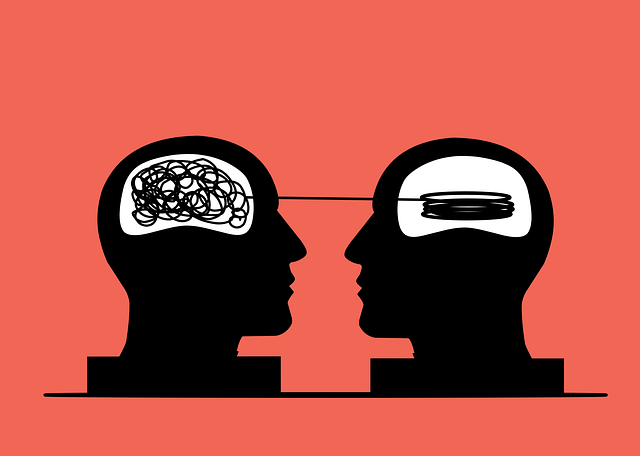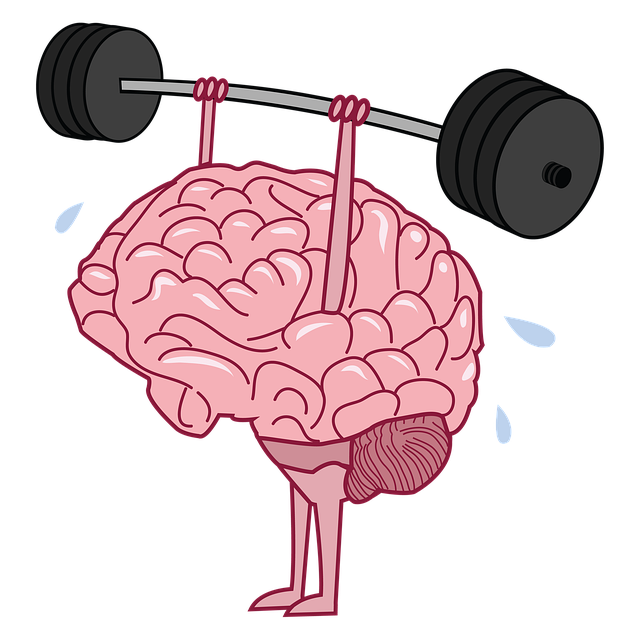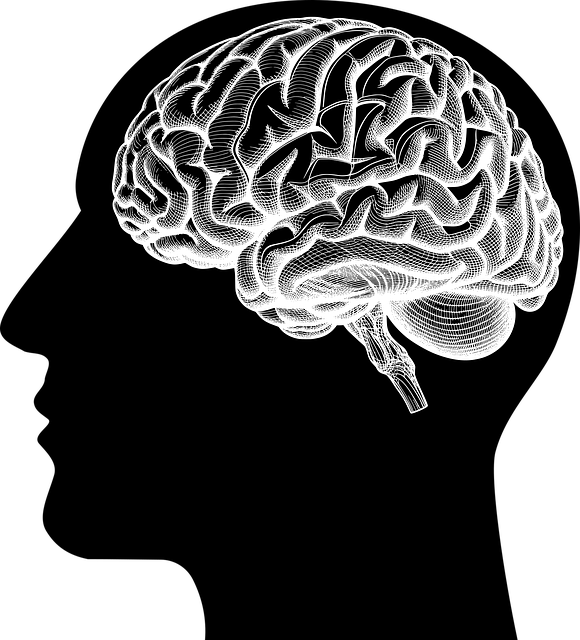Wheat Ridge Biofeedback Therapy leverages advanced data analysis to revolutionize mental health care. By integrating patient surveys, medical records, and physiological monitoring, the therapy identifies hidden patterns for personalized treatment plans. This data-driven approach enhances social skills training, mood management, and cultural competency, ensuring tailored interventions for diverse populations. Advanced statistical methods and AI techniques reveal insights into anxiety, depression, and emotional states, enabling precise progress tracking and adjustments. Combining technology with therapeutic methods, Wheat Ridge Biofeedback Therapy fosters resilience and promotes holistic emotional wellness.
Mental health data analysis is a powerful tool for understanding and improving patient outcomes. In this article, we explore the intricacies of analyzing and interpreting mental health data using advanced techniques. From understanding the collection and preparation of data to unlocking insights for personalized treatment, we delve into essential practices. A notable case study features Wheat Ridge Biofeedback Therapy, showcasing how data-driven approaches can revolutionize mental healthcare, offering hope and improved well-being to patients.
- Understanding Mental Health Data: Collection and Preparation
- Advanced Techniques for Data Analysis in Mental Health
- Interpreting Results: Unlocking Insights for Personalized Treatment
- Wheat Ridge Biofeedback Therapy: A Case Study in Practical Application
Understanding Mental Health Data: Collection and Preparation

Understanding Mental Health Data is a pivotal step in providing effective treatment and support for individuals seeking help from services like Wheat Ridge Biofeedback Therapy. The process begins with data collection, which involves gathering information through various channels such as patient surveys, clinical assessments, and medical records. This data encompasses a wide range of factors, including symptoms, treatment history, and lifestyle details. Accurate and comprehensive data collection is essential to ensure that analysis provides meaningful insights into an individual’s mental health state.
Preparation of the collected data is a critical phase where it undergoes cleaning, normalization, and transformation to make it suitable for analysis. This step includes handling missing values, removing outliers, and aggregating information to meet the requirements of specific analysis techniques. In the context of Wheat Ridge Biofeedback Therapy, prepared data can guide personalized treatment plans by identifying patterns, trends, and correlations that may not be apparent from raw data. Moreover, it contributes to the development of effective public awareness campaigns, social skills training, and emotional regulation strategies, ultimately enhancing the overall mental health landscape.
Advanced Techniques for Data Analysis in Mental Health

In the realm of mental health, advanced data analysis techniques are transforming how professionals understand and treat various conditions. One such innovative approach is Wheat Ridge Biofeedback Therapy, which leverages cutting-edge technology to monitor physiological responses and guide personalized treatment plans. By combining sensory feedback with behavioral interventions, this method enhances clients’ self-regulation skills, proving particularly effective for issues like anxiety and depression.
Additionally, Social Skills Training and Mood Management benefit significantly from data-driven insights. Healthcare providers can now track progress and adjust strategies more precisely thanks to comprehensive analysis of patient interactions, emotional states, and intervention outcomes. Moreover, Cultural Competency Training ensures that these advanced techniques are tailored to diverse populations, addressing unique cultural nuances and promoting inclusive mental healthcare practices.
Interpreting Results: Unlocking Insights for Personalized Treatment

When analyzing mental health data, interpreting results accurately becomes a powerful tool for tailoring treatment plans to individual needs. This process involves delving into complex datasets to identify patterns and trends that might otherwise remain hidden. By applying advanced statistical methods and artificial intelligence techniques, mental health professionals can gain profound insights into patient conditions. These insights allow them to unlock personalized therapy approaches, ensuring more effective and efficient care. For instance, Wheat Ridge Biofeedback Therapy leverages data analysis to offer customized treatments, addressing specific triggers and stress responses unique to each individual.
The process extends beyond simple number-crunching; it encompasses understanding contextual factors that influence mental health. This holistic view incorporates the integration of risk assessment tools for mental health professionals, empathy-building strategies, and even the production of a Mental Wellness Podcast Series to educate and engage communities. Such diverse approaches collectively contribute to a comprehensive framework, enabling more precise interventions and fostering positive outcomes in mental wellness journeys.
Wheat Ridge Biofeedback Therapy: A Case Study in Practical Application

Wheat Ridge Biofeedback Therapy stands as a compelling case study showcasing the practical application of mental health data analysis and interpretation. This innovative approach combines advanced technology with therapeutic techniques to facilitate resilience building and emotional well-being promotion. By providing individuals with real-time feedback on their physiological responses, biofeedback therapy empowers them to consciously regulate their stress levels and emotional states.
Through targeted interventions, Wheat Ridge Biofeedback Therapy delves into the nuances of an individual’s mental health data, identifying patterns and triggers associated with heightened stress and anxiety. This personalized approach not only aids in stress management but also fosters a deeper understanding of one’s emotional responses. By integrating these insights into therapeutic practices, healthcare professionals can craft tailored strategies that support clients in achieving lasting improvements in their emotional well-being.
Mental health data analysis is a powerful tool that, when utilized effectively, can revolutionize treatment strategies. From understanding complex datasets to interpreting results with precision, these techniques enable professionals like those at Wheat Ridge Biofeedback Therapy to deliver tailored care. By applying advanced methods and embracing case studies, we can unlock valuable insights, ultimately enhancing patient outcomes and fostering a more comprehensive approach to mental wellness.












